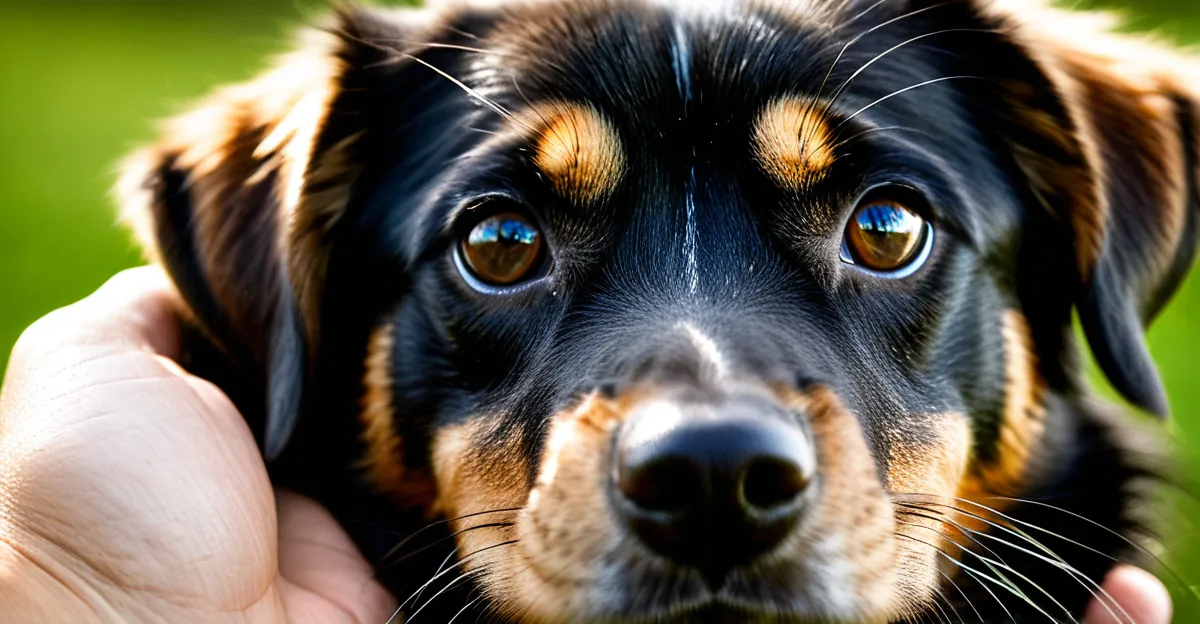Key Factors to Evaluate Before Adopting a Pet in the UK
Choosing to adopt a pet in the UK involves careful consideration of multiple factors to ensure a happy, healthy partnership. The pet adoption checklist starts with understanding your legal responsibilities. The Animal Welfare Act 2006 mandates that all pet owners provide suitable living conditions, proper diet, and necessary veterinary care to safeguard animal welfare.
Assessing the suitability of different pet types for your lifestyle is crucial. Factors such as energy levels, temperament, and daily care requirements vary significantly between species and breeds. For example, high-energy dogs need regular exercise, while some cats prefer more independent living. Your living environment—whether it has ample space, garden access, or other pets and children—will influence which pet fits best.
Also to see : Why Are Pet-Friendly Cafes Gaining Popularity Across the UK?
Estimating the financial cost of pet ownership is another vital step. Initial expenses include adoption fees, microchipping, and vaccinations, while ongoing costs involve food, healthcare, grooming, and insurance. Unexpected vet emergencies can add to this budget, so thorough planning helps avoid surprises. Considering these points as part of your pet adoption checklist ensures a responsible and rewarding adoption experience within the UK.
Legal and Welfare Requirements for UK Pet Owners
Understanding pet welfare laws UK is fundamental before adopting a pet in the UK. The Animal Welfare Act 2006 sets clear animal welfare responsibilities for owners, emphasizing the duty to provide a suitable environment, proper diet, and protection from pain and distress. These legal requirements pet adoption demands ensure pets receive care meeting their needs throughout their lives.
Also to discover : How Can You Ensure Your UK Pet Is Living Its Best Life?
Registration and microchipping are mandatory for most pets, particularly dogs, to aid identification and return if lost. Microchipping must be completed within prescribed timelines after adoption. Additionally, pet owners are strongly advised to secure pet insurance to help cover medical costs and emergencies, reinforcing responsible UK pet ownership.
Compliance with these legal aspects is supported by numerous official UK guidance sources detailing owner obligations and welfare standards. Meeting these standards is a vital part of any pet adoption checklist, helping future owners navigate their responsibilities confidently and ensuring their pets’ wellbeing from day one.
Matching the Right Pet to Your Lifestyle and Home
Choosing the best pet for your circumstances is essential when adopting a pet UK. Start by examining the pet suitability factors: energy levels, temperament, and daily care needs. For example, active dog breeds require hours of exercise, while some cat breeds prefer quiet, low-maintenance environments. Understanding these differences helps prevent mismatches that can lead to stress for both pet and owner.
Your home environment directly influences choosing the right pet. Limited space or absence of a garden may suit smaller or less energetic pets better. If you have children or other animals, it is important to select pets known for their friendly or tolerant nature to ensure safety and harmony. The pet adoption checklist should include evaluating how well a pet’s behaviour aligns with household dynamics.
Additionally, consider your own routine and activity levels. Busy schedules might favor pets that thrive with less direct attention, while those with flexible time can manage pets needing constant interaction. Thoughtful decisions on UK pet ownership based on lifestyle and home environment yield long-term satisfaction and welfare for your new companion.
Understanding the Financial Commitment of Pet Ownership
When adopting a pet UK, grasping the full extent of pet adoption costs UK is crucial for sustainable UK pet ownership. Initial expenses include adoption fees, microchipping, vaccinations, and necessary equipment such as beds and toys. Beyond this, ongoing costs must inform your pet budget planning, covering food, regular veterinary care, grooming, and health insurance.
Unexpected vet emergencies are an important consideration, as medical treatments can be costly and often unpredictable. Planning for these potential expenses safeguards both pet welfare and owner finances. Different species and breeds come with varying financial demands; for example, dogs generally require more veterinary visits and specialized nutrition compared to smaller pets.
To manage ongoing pet expenses, establishing a monthly budget helps distribute costs and reduces surprises. Many owners also choose pet insurance to help offset medical bills, a proactive step in responsible UK pet ownership. Meticulously including these financial factors in your pet adoption checklist empowers future owners to provide lifelong care without undue stress or compromise.
The Adoption Process and Finding Reputable Sources
The pet adoption process UK is a structured journey to ensure responsible UK pet ownership. It usually begins with researching suitable pets and submitting an application with your details and lifestyle. Adoption agencies or rescue centres often conduct interviews or home visits to evaluate your readiness and match pets appropriately, reflecting key aspects of the pet adoption checklist.
Choosing reputable adoption organisations is vital. Established pet adoption agencies and recognised rescue centres follow strict welfare guidelines and prioritise the wellbeing of animals. They provide reliable health histories, offer post-adoption support, and typically require contractual agreements safeguarding both pet and owner. This helps prevent impulsive or unsuitable adoptions.
Beware of red flags when adopting: sellers or breeders lacking transparency, avoiding vet records or microchipping, or pressuring for rapid decisions. Such practices suggest irresponsibility or unethical treatment. Sticking to trusted sources in the pet adoption process UK protects you and your future companion.
Understanding each step of the pet adoption process UK empowers you to make informed choices, ensuring a loving and secure home for your new pet while upholding responsible UK pet ownership standards.






